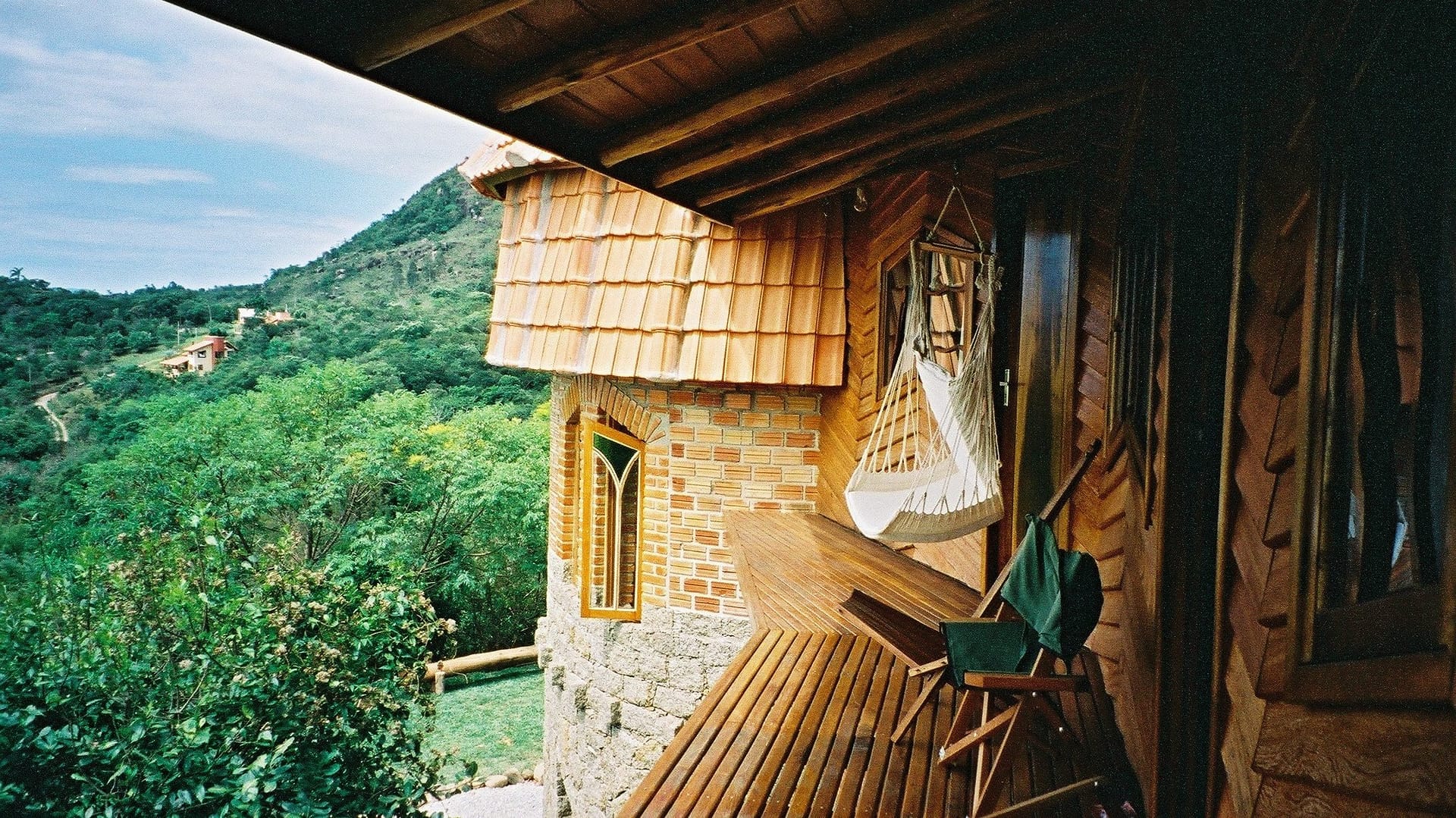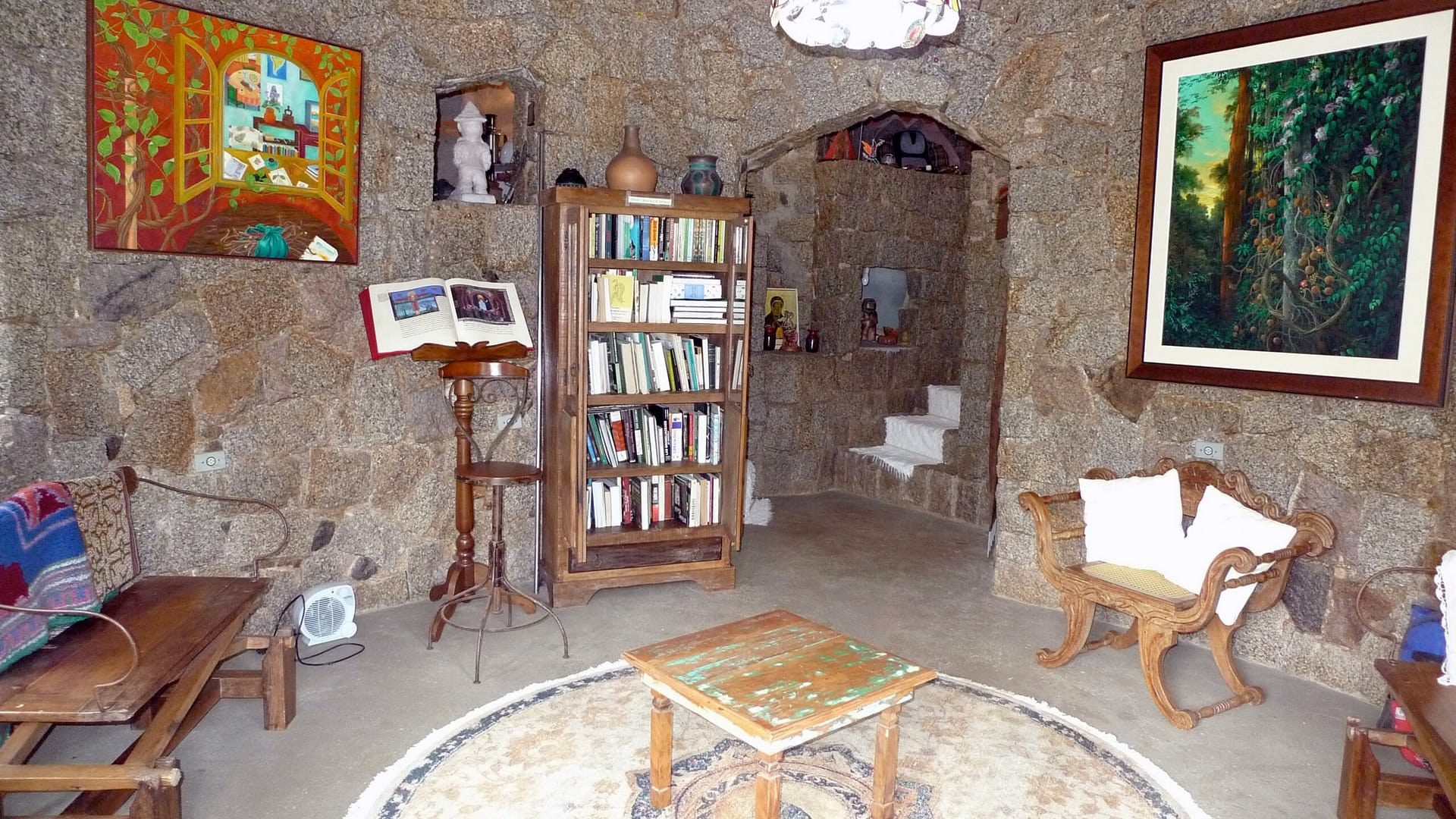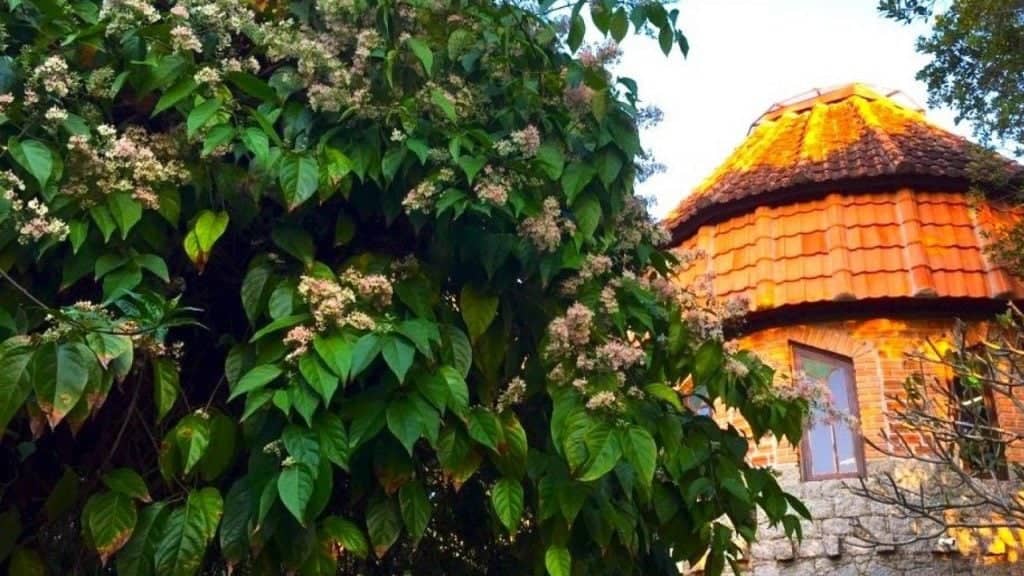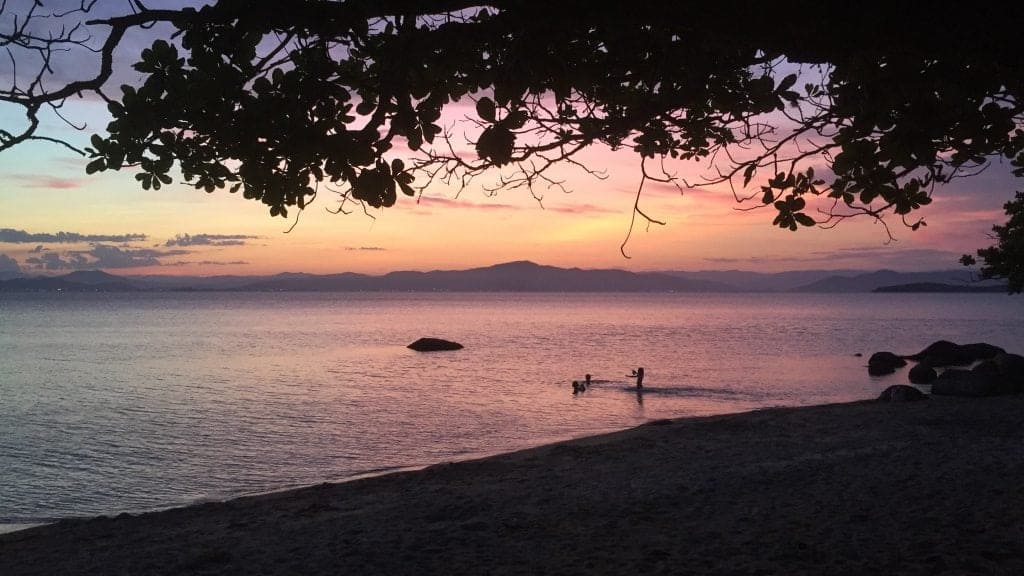Wasiwaska Research Center
Interdisciplinary Dialogues on Plants, Consciousness, Visionary Art, and Indigenous Spirituality. On an Island in Southern Brazil.
Dr. Luis Eduardo Luna, Director
M.A. Adriana Luna, Cultural Producer
Advisory Board
Dr. Tiago Arruda
Neuroscientist
Dr. Susan Blackmore
Psychologist
Dr. Wade Davis
Ethnobotanist
Anderson Debernardi
Artist
Dr. Ede Frecska
Psychiatrist
Dr. Monica Gagliano
Evolutionary Ecologist
William Gazecki
Filmmaker
Alex Grey
Artist
Dr. Stanislav Grof
Psychiatrist
Graham Hancock
Writer
Rick Harlow
Artist
Dr. Stanley Krippner
Psychologist
Dr. Dennis McKenna
Ethnopharmacologist
Dr. Jose Eliezer Mikosz
Artist/Instructor
Dale Millard
Ethnobotanist
Dr. Claudia Mueller-Ebeling
Art Historian
Dr. Jeremy Narby
Anthropologist
Dr. David Nichols
Pharmacologist
Dr. Jerry Patchen
Lawyer
Dr. Christian Rätsch
Anthropologist
Dr. William A. Richards
Psychologist
Dr. Benny Shanon
Cognitive Psychologist
Dr. Rupert Sheldrake
Biologist
Dr. Rick Strassman
Psychiatrist
Dr. Attila Szabo
Molecular Biologist
Dr. Richard Tarnas
Psychologist
Mauricio Tolosa
Writer/Photographer
Dr. Manuel Torres
Art Historian/Archeologist
Donna Torres
Artist
Dr. Kenneth Tupper
Educator
Dr. Steven White
Writer
Dr. Michael Winkelman
Anthropologist

Our Advisory Board combines expertise from a great variety of disciplines
Science | Art | History | Myth | Spirituality
The beginning
Linguist, anthropologist and Doctor in Comparative Religion Luis Eduardo Luna and his wife, cultural producer Adriana Luna, created Wasiwaska, Research Center for the Study of Psychointegrator Plants, Visionary Art and Consciousness in October 2003, an educational organization. It is conceived as a place for open-minded exchange of ideas on consciousness and creativity, science and the arts, history, myth and spirituality.
The compound is located in Florianópolis, on the northern part of the island of Santa Catarina, southern Brazil, on a hill overlooking the ocean and surrounded by patches of Atlantic coastal forest. A quiet beach is just five minutes walk from the house. Wasiwaska is surrounded by an ethnobotanical garden that includes species of culturally important plants as well as many species of native and fruit trees and medicinal plants. We have also bee hives to enhance pollination. We have also a vegetable garden where we produce part of what it is consumed during our seminars. Nights are silent, perfect for good sleep. Wasiwaska has works of art, a library of about four thousand books, an extensive documentary collection, and space for lectures and discussion.
House of the vine
Wasiwaska is first of all a home, with a fireplace, hammocks, a beautiful garden, plenty of corners for small talk, and the freedom to pick up a book, a fruit, or a cup of tea at any time. We take special care of the food we serve, always healthy, delicious and mostly organic, with a great variety of fruit and vegetables.
Wasiwaska is not only a place of learning and communication, but also of rest and even leisure. Every year we organize a few seminars opened to small groups of up to fifteen participants, including four or five guest speakers. Every seminar features lectures and workshops by distinguished scientists, scholars, therapists, writers, artists or musicians stimulated by excursions to the island’s different ecosystems, bird watching, and tree planting. At times we also offer botanical illustration, bookmaking, painting, drumming, Holotropic Breathwork, trance dance and other activities. Wasiwaska is a privilege place for bird watching and a good base for trekking to the surrounding area.
Combining the knowledge
Our approach is highly interdisciplinary: consciousness studies, neuroscience, psychopharmacology, psychobiology, psychotherapy, ethnobotany, ecology, history, myth, visionary art, anthropology, and whatever new art or discipline our expanding network of teachers and participants may bring to our project. We place special emphasis on the study of the botany, pharmacology, history, ethnography and psychodynamics of psychointegrator plants, such as those involved in ayahuasca, the sacred brew of the Amazon.
Participants typically come from many countries and cultural backgrounds, with a common interest in wondering about the nature of reality and the mystery of consciousness and temporality: scientists, artists, writers, psychiatrists, medical doctors, psychologists and other therapists, social workers, businessmen, students coming from various disciplines, and people from all walks of life. Many return, so that an extensive international multicultural and multidisciplinary family is being created.
Residence for Scholars and Students
Since 2022 we begin opening our facilities when we do not have seminars, for people who would like to have a place where they can fully concentrate on their writings tasks or other projects. We have fast Internet in all the compound, a beach nearby where it is possible to swim during most of the year, and trails into the forest to get inspiration. All rooms are equipped with a small kitchen, bathroom, and air conditioners. There are shops to buy food around 1.5 kilometers from the house, and bicycles are available. This year we already had students from Finland and England, expecting two scholars in the beginning of the year. For more information including prices and availability please click the button below.












